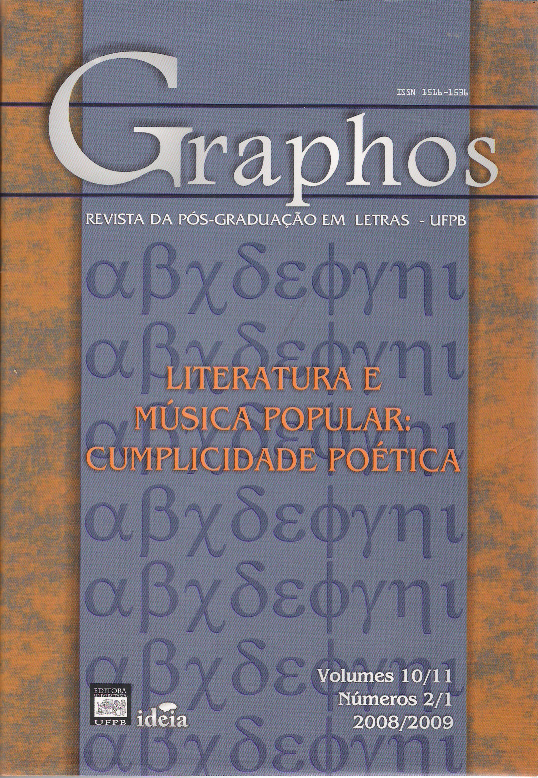The vengeance of Nitocris: Herodotus' “history” in Tennessee Williams’ tragic version
Abstract
Tennessee Williams’ first short story, The vengeance of Nitocris, inspired by one of Herodotus’ “histories”, rewrites the ancient narrative concerning the lives of Egyptian pharaohs to plot, in its process of textual construction, the basis of a literary process that would later confirm its author as one of the most remarkable playwrights in North-American literary tradition. Permeated by tragic elements, the short story is, though, characterized by a curious and careful aesthetic option, which avoids pathos to provoke a more impactant than moving effect, refusing answers related to transcendent orders or values. The logical-rationalistic representation of an absurd world, abandoned by the gods, shapes an inescapably tragic cosmovision, foreshadowing the potentialities of a writer precociously fated to experience, in the expressive domains of artistic creation, the conflicts and contradictions entangled in a praxis that reveals itself as tragic. Keywords: Tennessee Williams; The vengeance of Nitocris; Fiction and History; Herodotus; Theory and criticism of the tragic; North-American LiteratureDownloads
Download data is not yet available.
Downloads
Issue
Section
Papers







